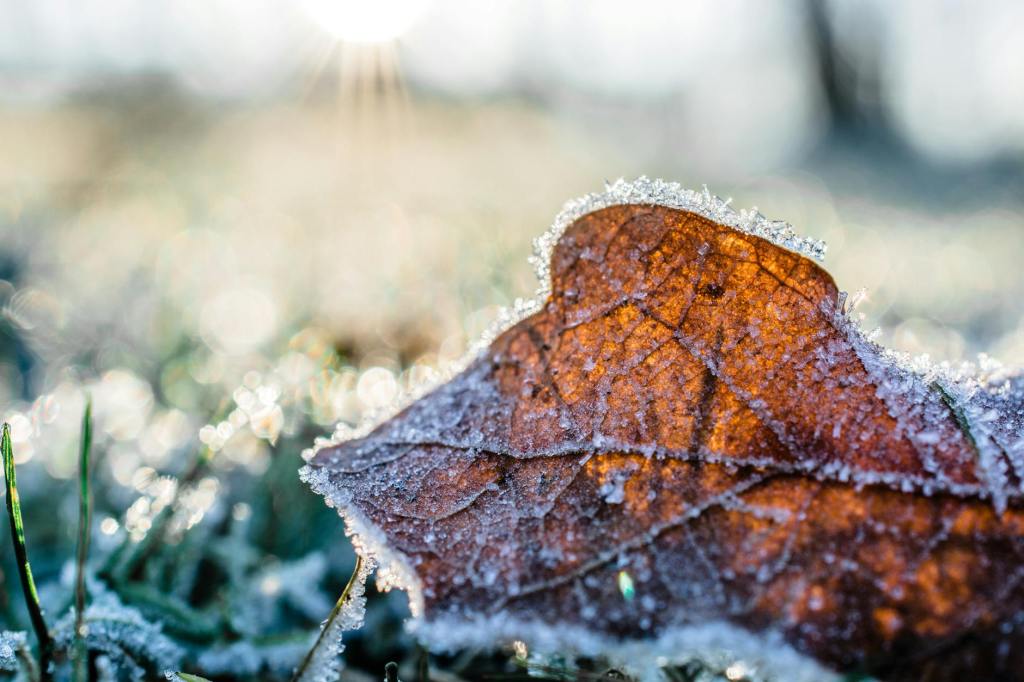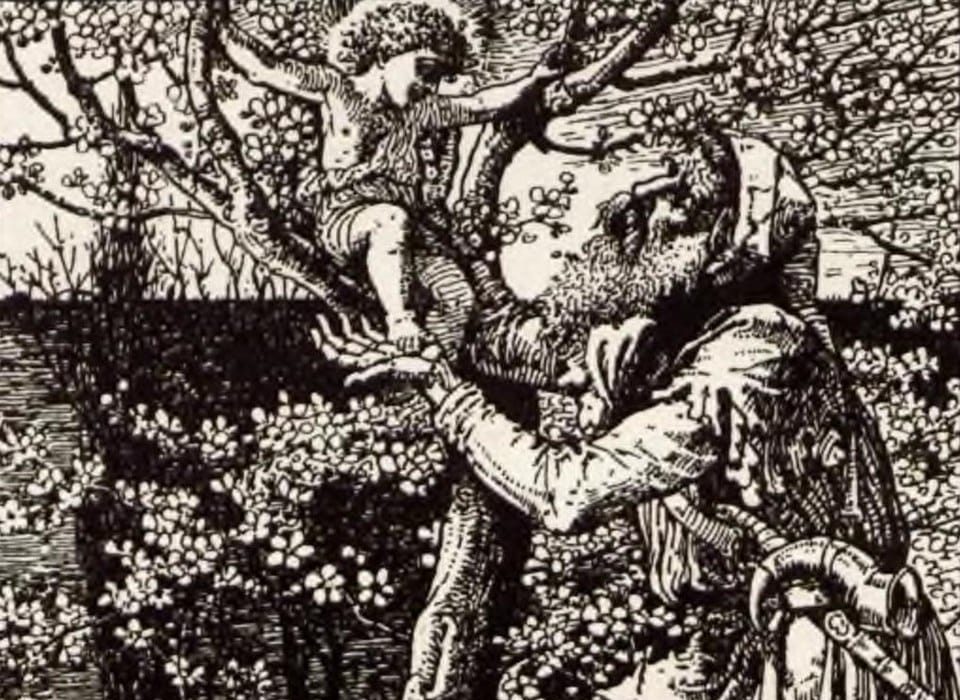Much like learning about the multiple stories behind “London Bridge is Falling Down,” the equally unsettling “The Hearse Song” had a grisly impact on me as a kid. I guess mortality is a weird thing to think about when you are young. I remember purposefully stepping on a caterpillar when I was a child and then running to my room in tears because of what I had done.
The origins of “The Hearse Song” are unclear, but historians indicate its appearance as a tune that American and British soldiers would sing during WWI. This makes sense because soldiers of WWI met excessive violence in the trenches from both combatants and disease. Perhaps it was a cathartic song for soldiers to sing because of the ubiquity of death. Moreover, “The Hearse Song” encapsulates the mulchy nothingness that we become after death and reminds us that we come to be one with the Earth—even though it is in a macabre and grotesque way.
As the poem tells us: “The worms crawl in and the worms crawl out, / The worms play pinochle on your snout.”
If you haven’t recited it in your head in a while, here’s a popular version of the gothic poem.
“The Hearse Song“ by Unknown
Don’t ever laugh when a hearse goes by,
Or you may be the next to die.
They wrap you up in a bloody sheet
|And bury you under about six feet.
All goes well for a couple of weeks,
But then your coffin begins to leak.
The worms crawl in and the worms crawl out,
The worms play pinochle on your snout.
Your stomach turns a slimy green,
And pus comes out of you like whipped cream.
You lap it up with a piece of bread,
And that’s what you eat when you are dead.





Leave a comment